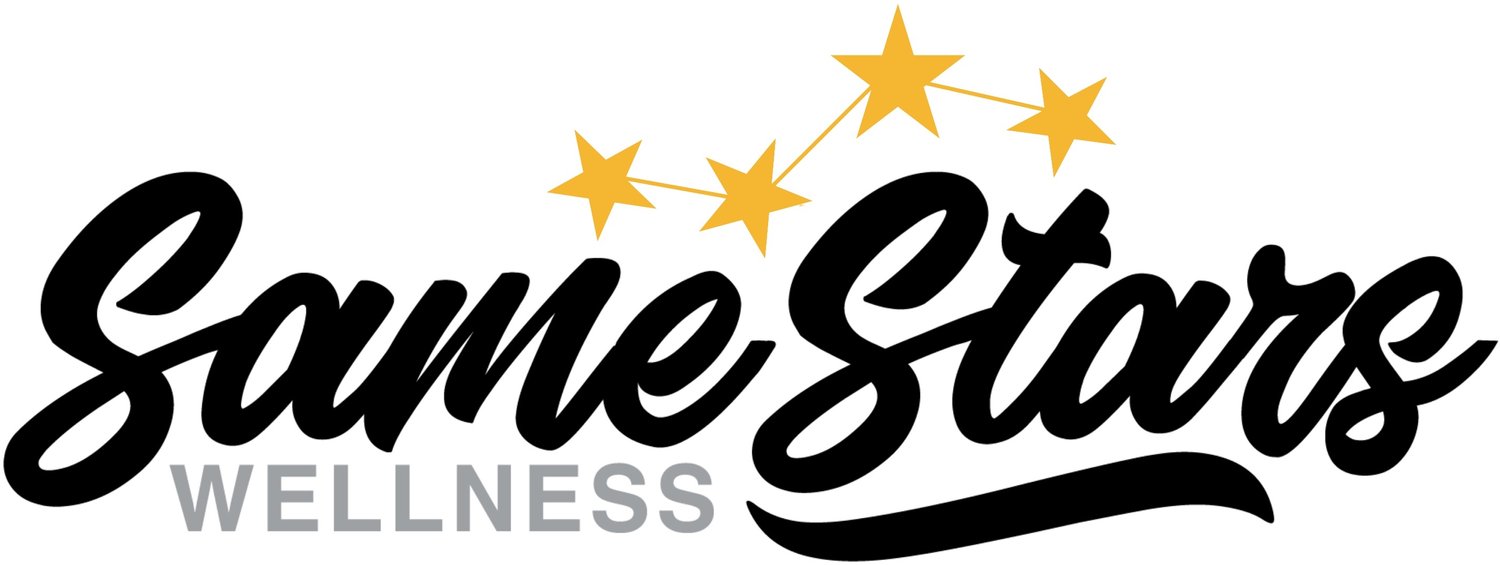Why Most RMTs Feel Unprepared to Work with Autistic or ADHD Patients
Ask any RMT if they’ve treated a patient with ADHD or autism, and chances are the answer is yes. Neurodivergence is far more common than many realize — nearly 1 in 5 Canadians identifies as neurodivergent, and diagnoses continue to rise every year.
Yet when these patients come into a massage therapy clinic, many therapists admit they feel hesitant, unsure, or even nervous. Not because they don’t want to help — but because their massage therapy education didn’t prepare them for this work.
The Gap in Massage Education
Massage schools provide excellent grounding in anatomy, physiology, and technique. But when it comes to neurodivergence, most programs fall short. RMTs rarely graduate knowing how to:
Adapt for sensory sensitivities (like touch, noise, or lighting).
Communicate effectively with patients who process information differently.
Modify treatments for safety, comfort, and nervous system regulation.
Partner with caregivers or families in planning care.
Without these tools, therapists are left to figure things out on the fly — and that often leads to self-doubt.
The Therapist Experience
Many RMTs quietly wonder:
What if I get it wrong and make the patient uncomfortable?
How do I explain what I’m doing without overwhelming them?
What if their response to touch is unpredictable?
Am I even the right therapist for this patient?
This uncertainty can hold therapists back. Some avoid booking with neurodivergent patients altogether. Others try their best but leave the session wondering if they truly helped.
The result? Patients don’t always get the safe, supportive care they deserve — and therapists miss out on building confidence and expanding their practice.
Why Training Matters
Neurodivergent patients benefit deeply from massage therapy: regulation, body awareness, reduced anxiety, better sleep, and pain relief. But to unlock those benefits, RMTs need education that goes beyond the basics.
With advanced training, therapists learn to:
Create sensory-friendly environments.
Adapt language and communication styles.
Use techniques that support, rather than overwhelm, the nervous system.
Approach each treatment with confidence, empathy, and flexibility.
Education takes away the guesswork — replacing uncertainty with strategies that empower both therapist and patient.
The Opportunity for RMTs
Specializing in neurodivergent care doesn’t just improve patient outcomes — it helps RMTs grow their practice. Therapists who pursue this training often find:
Families actively seek them out for safe, supportive care.
Referrals come from schools, pediatric clinics, and healthcare providers.
Their confidence grows, not only with neurodivergent patients, but with complex cases across the board.
How Same Stars Academy Supports You
Our Massage Therapy for Neurodivergent Populations: Clinical Strategies for ASD, ADHD, and Sensory Processing Differences course was created to close this gap. Through hands-on learning and evidence-informed education, RMTs gain the tools to:
Work safely with patients with ASD, ADHD, and sensory processing needs.
Understand the nervous system’s role in neurodivergence.
Adapt treatments for different ages, needs, and comfort levels.
Communicate clearly with patients and families, building trust and confidence.
📅 Upcoming Course Dates:
Saturday, October 25 & Sunday, October 26, 2025 — 9:00 AM–5:00 PM (Mountain Time)
Monday, June 22 & Tuesday, June 23, 2026 — 9:00 AM–5:00 PM (Mountain Time)
👉 View the full course calendar here and secure your seat today. Spaces are limited.

